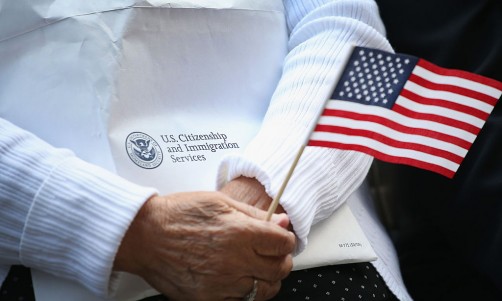Researchers determined that roosters are genetically programmed to crow. Roosters are notorious for crowing at the break of dawn, but have also been observed crowing at other times during the day.
Many animals and plants have an internal clock. To determine if a crowing rooster is the result of environmental or biological factors, researchers exposed roosters to external stimuli and recorded the results.
" 'Cock-a-doodle-doo' symbolizes the break of dawn in many countries. But it wasn't clear whether crowing is under the control of a biological clock or is simply a response to external stimuli," said study author Takashi Yoshimura of Nagoya University in a statement.
The researchers found that crowing right before dawn is controlled by the rooster's circadian or internal, biological clock. Researchers recorded the crowing patterns of roosters under various lighting conditions and environments. Crowing was recorded all day among three groups of four inbred roosters each. The roosters were observed crowing two hours before the onset of light. The study went on for four weeks.
"Our observations prove that the rooster breaks the dawn every morning as a function of his circadian clock. It has been known for a long time that crowing is also induced by external stimuli. We conclude that not only anticipatory predawn crowing, but also external stimulus-induced crowing, is under the control of a circadian clock," said the findings. The inner circadian clock of roosters caused them to crow every 24 hours, said results of the study that were published in Current Biology.
"We still do not know why a dog says 'bow-wow' and a cat says 'meow.' We are interested in the mechanism of this genetically controlled behavior and believe that chickens provide an excellent model," said Yoshimura.














